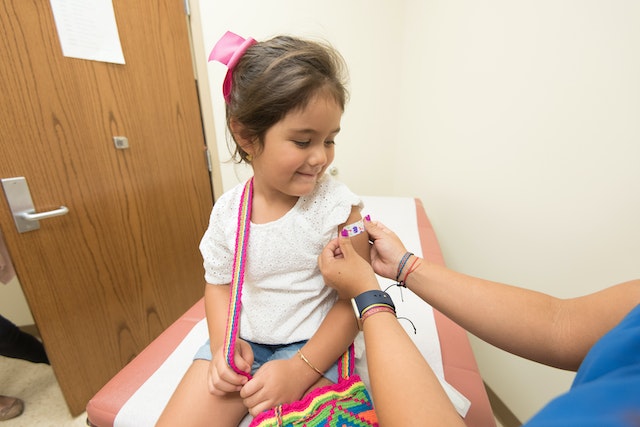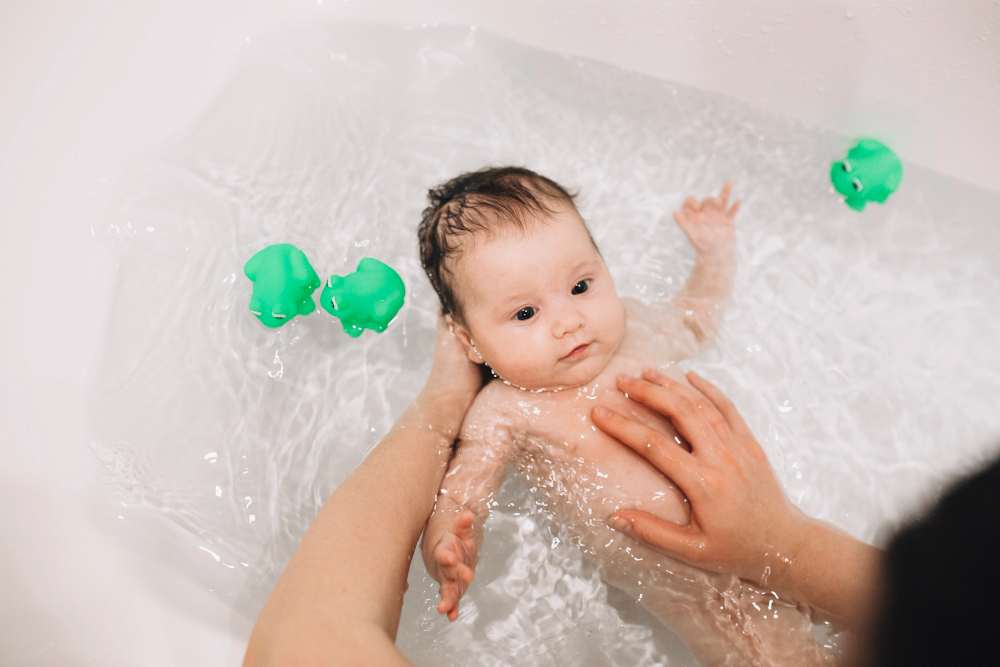If your kid whines about everything from the food you prepare to the color of their shoes, it is hard to listen to every time you say no. Not to mention, you start dreading going to public places with your kid, in case they have a public outburst.
Whining is a normal issue in children. Most children understand from an early age that whining will get them what they want. For them, it is an effective way to bend adults into submission.
That is why it must be curbed as quickly as possible. Whining will get worse without adequate intervention, and a whiny kid can turn into a whiny adult. These steps will help you stop your kid’s whiny outburst.
1. Establishing a “No whining” Rule
Establish a household rule, such as, “Ask for something nice and accept the answer politely.” This makes children realize that their whining would not be successful. And you would not change your minds.
Be sure that the other guardian of the child, including your spouse and your in-laws are on the same page. It would hinder your efforts if one of them gives in to the whining and get the child what they want.
Also, be persistent, remind them from time to time about the rules. “What’s our rule about how we ask for something?” or “What’s an appropriate way to respond when someone tells you NO?” These answers make your child see that whining is a bad habit, not a tactic for them to use.
Also Read: How can parents get rid of child’s hiccups at home?
2. Keep reminding them not to whine.
Children do not realize that they are whining sometimes. Remind them when they start whining. Also tell them that, begging, pleading, and constantly asking both constitute whining.
Create a whining jar if this behavior persists. If you give your child an allowance, tell them they lose a portion of every time they whine. If not, then they lose out on their favorite dessert or activity every time they whine.
3. The key is to be patient and not giving in
Whining can be as musical as a cat screech. But adults must keep cool. If it helps you keep your composure, take deep breaths, leave the room, or put on some music. Do not give up, whatever you do. When you end up giving in, out of desperation, you are showing your kid that whining is a productive means of achieving what they want.
4. Ignore Whining
The attention in some way may cause the behavior to persist, especially though it is negative attention. A productive method of behavior management is to disregard attention-seeking behavior like whining.
You perpetuate the action if your kid keeps crying when you tell them to clean up their toys, then you keep talking to them as he whines. Paying attention to your child allows the crying to continue. Also, the more you involve them in a discussion, the more the toys will be picked up by your kids.
Also Read: 5 Toys You Should Not Buy for Your Kids
Chances are when they see that you are not responding, your child will start to complain louder. Keep ignoring it until it ends. They will realize that their whining will not work anymore.
5. Teach them other ways to express themselves.
Teach your child how they can express unpleasant feelings such as anger, disappointment, and sorrow. Teaching your child about emotions is vital so that they can understand how they feel and learn how to cope with disturbing feelings.
For starters, if your kid is upset because you told them that they cannot play video games, motivate them by involving them in coloring or jumping jacks to cope with those angry feelings. Coping skills will help your child cope properly with their emotions. Kids need to learn healthy ways to express themselves when they are upset.
6. Leave the room.
Simply leave the room as your child starts to cry or whine. Your child will likely follow or throw things, ignore them until they calm down. After a while, they will stop whining and will get distracted.
7. Remove the cause.
In case they are whining because of an object, simply take it away. Your kid, for instance, is whining over an extra cookie, then hide the cookies. Every time this happens remove the object, out of sight, out of mind.
Also Read: 5 Things You Should Not Wear While Grocery Shopping with Infants
8. Time Out.
The Time Out technique works in case your child is small. When they start whining tell them that they are upset and go sit down somewhere and tell you why they are angry. After a while, they will be back to their usual self.
9. Change the subject.
Changing the subject is another effective way to stop the whining. Every time they start whining ask a random question, they will be caught off guard. Redirecting young children’s attention can be a perfect tactic for many different scenarios.
10. Make sure your kids get enough sleep.
A lack of adequate rest is the number one cause a child typically gets whiny. Parents underestimate the amount of sleep their children need to work at their best. Sleep deprivation puts the brains of children in a mode of stress that creates a constant state of irritability. Make sure your child has a proper night’s sleep and it can aid in every part of their lives.
You May Like:
5 ways in which children can release their emotions.
Children are quite expressive in their growing years. They get to learn about the world in every activity during these years. From morning yoga to bed-time stories, every action affects their life. Based on the experiences gathered from such lessons, they gradually start to express themselves. Read More:
![]()











